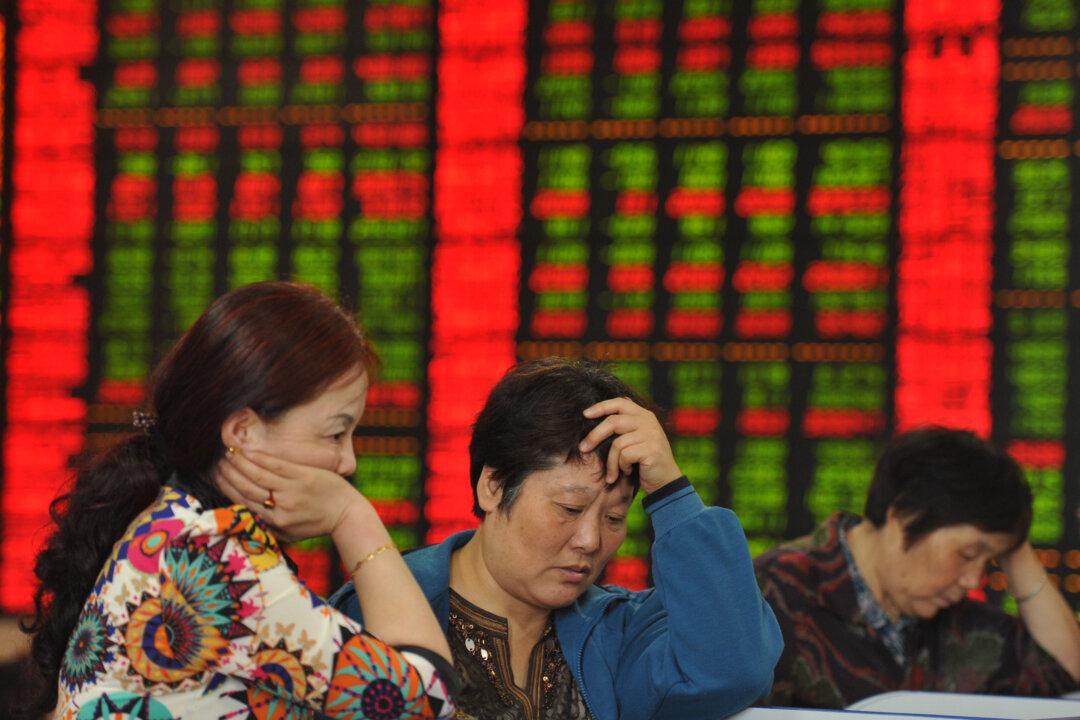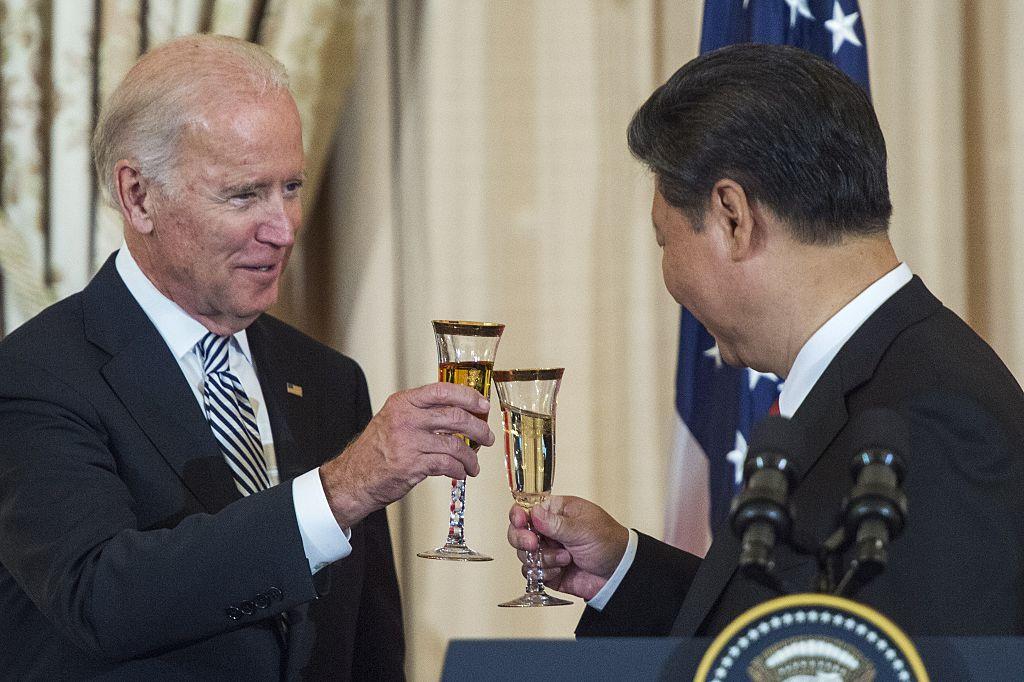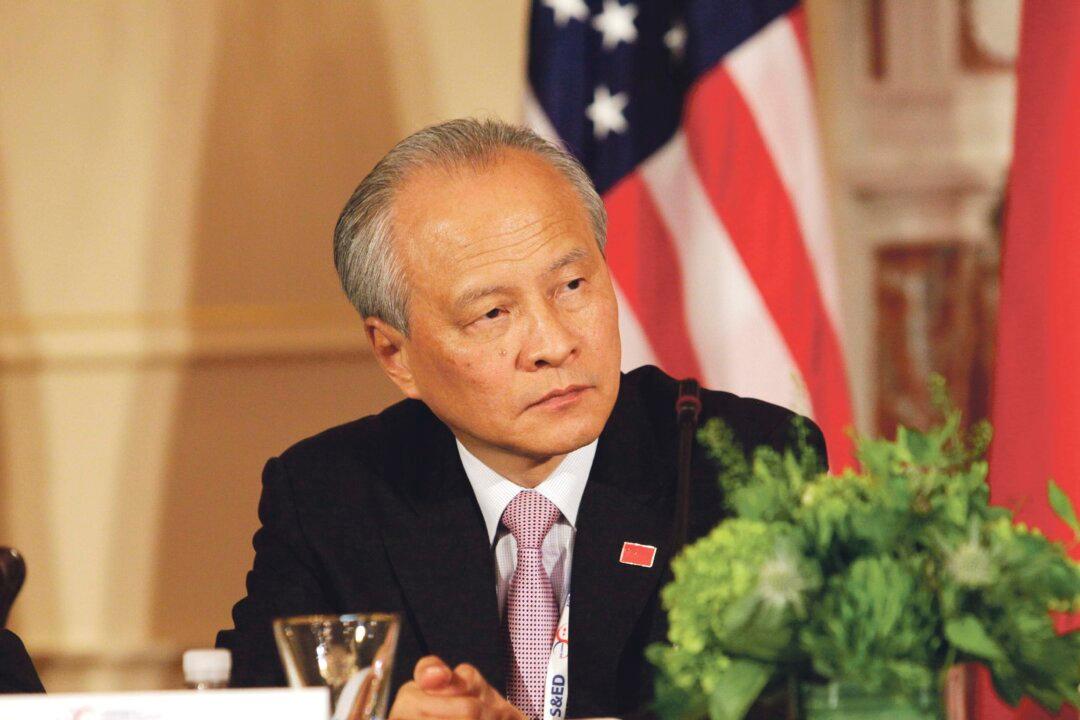In the first week of the New Year, the freshly installed circuit breaker of China’s stock market went into effect four times in 2 days. Pretty efficient and just in time right? Not exactly.
As the stock market circuit breaker became the new hot word among Chinese netizens and individual investors, the newly minted system meant to protect the market was put in place quickly, and then withdraw quickly, as the government viewed [it] as something too risky and not “protective” enough.
While the circuit breaker is not exactly something in accordance with a pure market economy, and the system’s protective power and cooling effect was utilized in the United States successfully, its application turns out not that effective in the Chinese stock market, which is a question on everyone’s mind these days.
When Thomas Edison invented the circuit breaker 120 years ago, it served a needed purpose and therefore it is still in use today. Thirty years ago, when U.S. Treasury Secretary Nicholas Brady applied the concept to the stock market, it helped with cooling and calming down investors faced with drastic changes in stock market. The cooling off effect is temporary though, as no one knows if the stock will continue to tumble the next day.
That uncertainty makes the Chinese government decision makers uneasy though, they were probably thinking about a panacea that can safeguard the market no matter what condition it is in. Well, they underestimated the problem of the Chinese stock market and, when the Shanghai Stock Exchange had to halt the trades after only 29 minutes, a “miracle” was created in the 25 years of history of China’s stock market.





